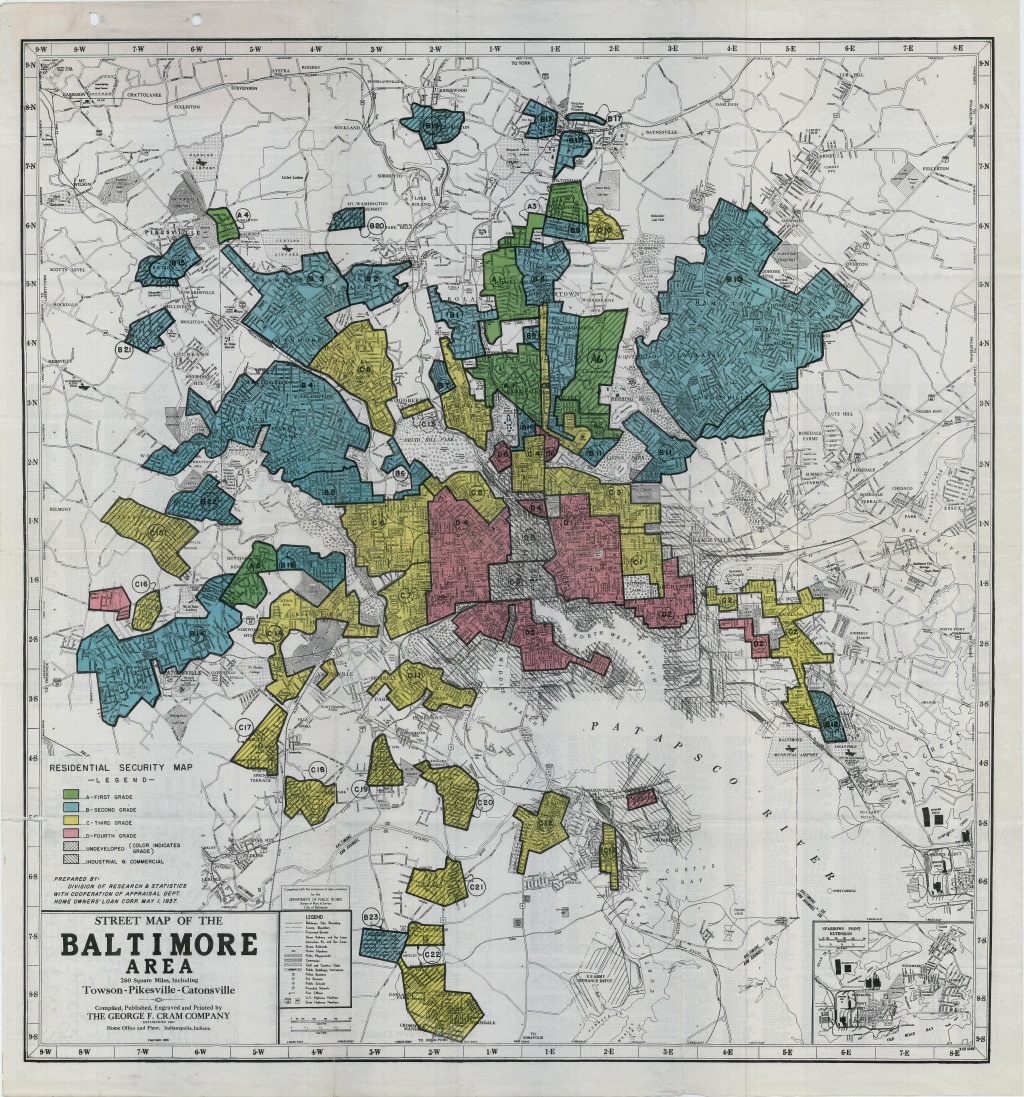On October 1, 2021, Maryland Senate Bill 178, “Search Warrants and Inspection of Records Relating to Police Misconduct (Anton’s Law),” (hereinafter “S.B. 178”), a part of the Maryland Police Accountability Act went into effect.[1] S.B. 178 focused on the execution of no-knock warrants and the public disclosure of officer complaints.[2]
No-knock search warrants permit the executing officers to enter the target location without identifying themselves or announcing the purpose of their entry.[3] S.B. 178 altered Maryland Criminal Procedure §1-203 to include a requirement that a police supervisor and the State’s Attorney must approve all applications for no-knock warrants.[4] Previously, reasonable suspicion that someone on the property would destroy evidence during the execution of a traditional search warrant created permissible grounds for requesting a no-knock warrant.[5] Now, the only legal basis is reasonable suspicion that executing a traditional warrant would put the officers or others in increased danger.[6]
Applications for no-knock search warrants must contain six components: (1) a description of the evidence from the supporting affidavit; (2) a description of the investigative techniques used to obtain that evidence; (3) an explanation of why a traditional search warrant is insufficient; (4) acknowledgment that any officers present during execution will have the same training as SWAT officers; (5) acknowledgment that the search can be conducted during daytime hours and if not, an explanation why it cannot; and (6) a list of any people who may be present at the property and any disabilities they may have.[7]
No–knock warrants must be executed between 8 a.m. and 7 p.m., absent exigent circumstances.[8] Officers must wear their uniform, badge, and name tag displaying their name and ID number.[9] Execution must occur within ten days of issuance, or the warrant is void.[10]
Before S.B. 178, police personnel files were exempt from disclosure under the Maryland Public Information Act.[11] Under S.B. 178, records about administrative or criminal investigations of police misconduct are no longer considered “personnel files.”[12] Therefore, documents pertaining to Internal Affairs investigations, hearings, and discipline for alleged misconduct will be available for request by the public.[13] Infractions that do not question an officer’s techniques or ability to perform their duties and do not create public concern[14] are exempt from disclosure.[15]
The custodian of the requested documents must redact sensitive information about the officer or a witness before releasing the file.[16] Lastly, upon request for records, the custodian must alert the officer, but not reveal the requester’s identity.[17]
Anton’s Law was drafted is in response to the police-involved death of 19-year-old Anton Black.[18] Anton died in custody after being handcuffed, shackled, and pinned to the ground for five minutes.[19] After the investigation into Anton’s death, it came to light that Thomas Webster, an involved officer, who the Medical Examiner initially cleared,[20]had approximately thirty complaints filed against him for improper use of force.[21]
S.B. 178 will increase transparency between law enforcement agencies and the communities they serve.[22] It will allow the public to learn about unfounded complaints against officers in addition to verified ones.[23] Had S.B. 178 been in effect at the time of Anton’s death, the population would have learned that Thomas Webster, while serving as an officer in Delaware, was acquitted after a criminal trial for second-degree assault following an incident where he kicked a black man in the head while at work.[24]
While S.B. 178 seeks to promote transparency and positive reform, the bill had much opposition[25], including from Governor Larry Hogan.[26] Governor Hogan vetoed S.B. 178 and stated he believed, if enacted, the bill would increase the risk of danger to police officers and would create obstacles for police retention and recruiting efforts.[27] He insisted it was wrong to permit the records of exonerated officers to be released.[28] Plus, the bill would erode police relations with the community and deter witnesses from participating in investigations.[29] The Maryland Legislature eventually passed S.B. 178 through an override of Governor Hogan’s veto.[30]
Overall, S.B. 178 is a step in the right direction for Maryland in its efforts to improve policing across the state. It has the capacity to increase the safety of the public as well as police officers while placing well-needed restrictions on law enforcement’s powers. October 1, 2021 marked a new era in Maryland policing where the number of police-involved deaths will drastically decrease, knock on wood.

Brice Litus is a second-year student at the University of Baltimore School of Law and a Staff Editor for Law Forum. She earned her Bachelor of Arts degree in Criminology & Criminal Justice at the University of Maryland, College Park. At the University of Baltimore, Brice is the President of the Criminal Law Association and a member of the National Trial Competition Team. She is currently a law clerk at the Maryland Attorney General’s Office in the Organized Crime Unit. Brice will graduate in May 2023 and plans to pursue a career in litigation.
[1] Maryland Police Accountability Act of 2021, 2021 Md. Laws Ch. 62, § 1 (enacting S.B. 178) (to be codified at Md. Code Ann., Crim, Proc. § 1-203(a)(1)).
[2] Id.
[3] Md. Code Ann., Crim, Proc.. § 1-203(a)(1) (West 2021).
[4] Id. §1-203(a)(3)(vi)(1).
[5] Md. Code Ann., Crim, Proc. § 1-203(a)(1) (2020) (prior to 2021 amendment).
[6] Md. Code Ann., Crim, Proc. § 1-203(a)(3)(vi)(1) (West 2021).
[7] Md. Code Ann., Crim, Proc. § 1-203(vi)(2) (West 2021).
[8] Md. Code Ann., Crim, Proc. § 1-203(vi)(3) (West 2021).
[9] Id. § 1-203(vi)(8)(ii).
[10] Id. § 1-203(vi)(5)(ii).
[11] Md. Code Ann. Gen. Provis. § 4-351 (2020) (prior to 2021 amendment).
[12] Md. Code Ann. Gen. Provis. § 4-311(c)(1) (West 2021).
[13] Id.
[14] Md. Code Ann. Gen. Provis.. § 4-101(l) (West 2021).
[15] Md. Code Ann. Gen. Provis. § 4-311(c)(2) (West 2021).
[16] Md. Code Ann. Gen. Provis.. § 4-351(d) (West 2021).
[17] Id. § 4-351(e).
[18] Associated Press, Should Officers’ Disciplinary Records be Made Public? Debate Rages, KTLA 5 (May 02, 2021), https://ktla.com/news/nationworld/debate-over-police-records-in-use-of-force-cases/.
[19] Id.
[20] Javari Burnett, Anton’s Law Passed, WMDT (Apr. 14, 2021), https://www.wmdt.com/2021/04/antons-law-passed/.
[21] Associated Press, supra note 19.
[22] CBS Baltimore Staff, Maryland Senate Passes Police Reform, Transparency Measure, Including Anton’s Law, CBS Balt.(March 3, 2021), https://baltimore.cbslocal.com/2021/03/03/maryland-senate-passes-antons-law-police-reform/.
[23] Associated Press, supra note 22.
[24] Id.
[25] CBS Baltimore Staff, supra note 23.
[26] Veto Message from the Governor of Maryland for S.B. 71, S.B. 178, and H.B.670 (Apr. 9, 2021), https://governor.maryland.gov/wp-content/uploads/2021/04/SB71-SB178-HB670-Police-Reform-Veto-Letter.pdf.
[27] Id.
[28] Id.
[29] Id.
[30] 2021 Md. Laws Ch. 62, § 1, supra note 1.
Credit to photo: https://www.usatoday.com/story/news/nation/2021/02/04/us-marshals-officer-shot-baltimore-during-warrant-suspect-killed/4387686001/






Leave a comment